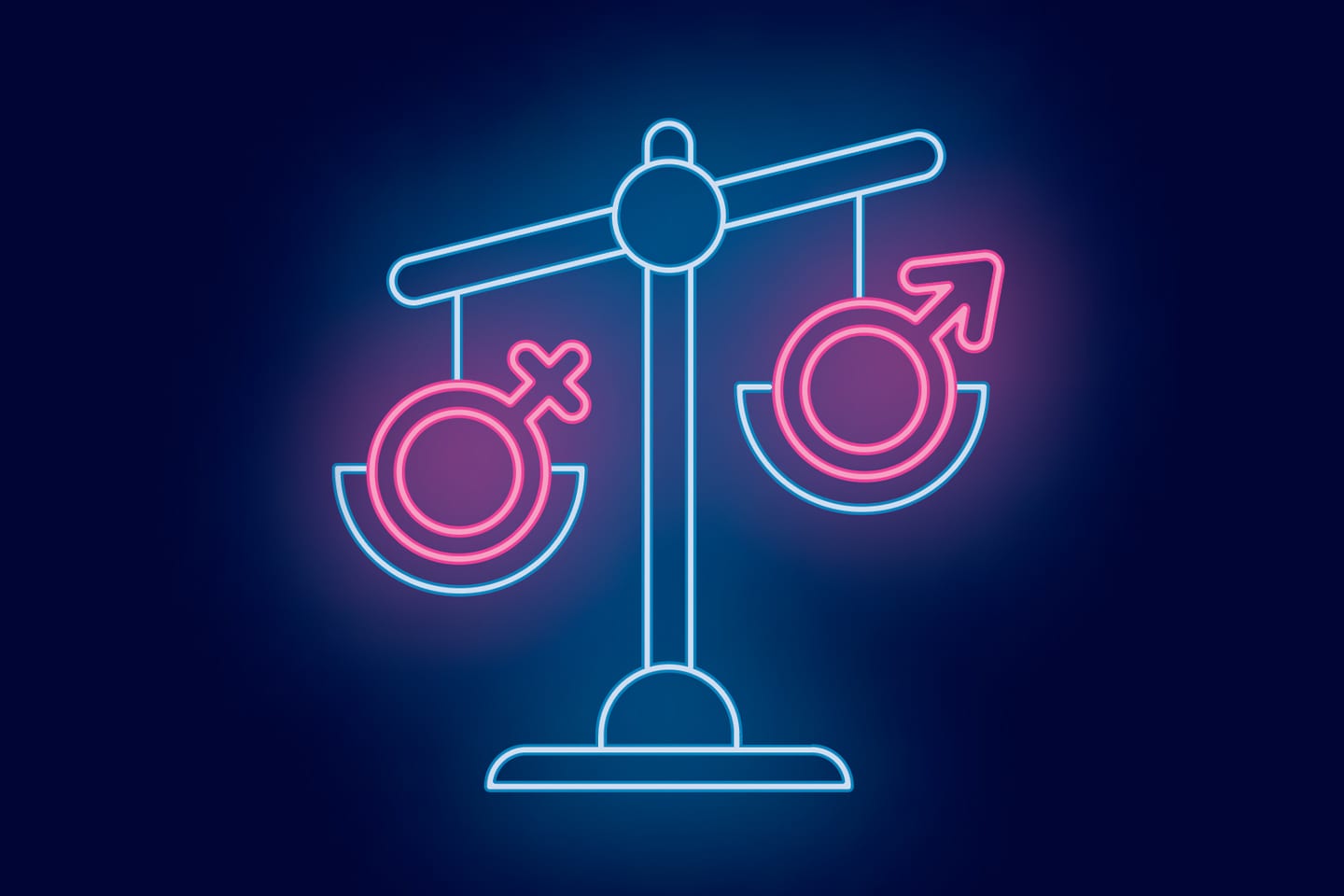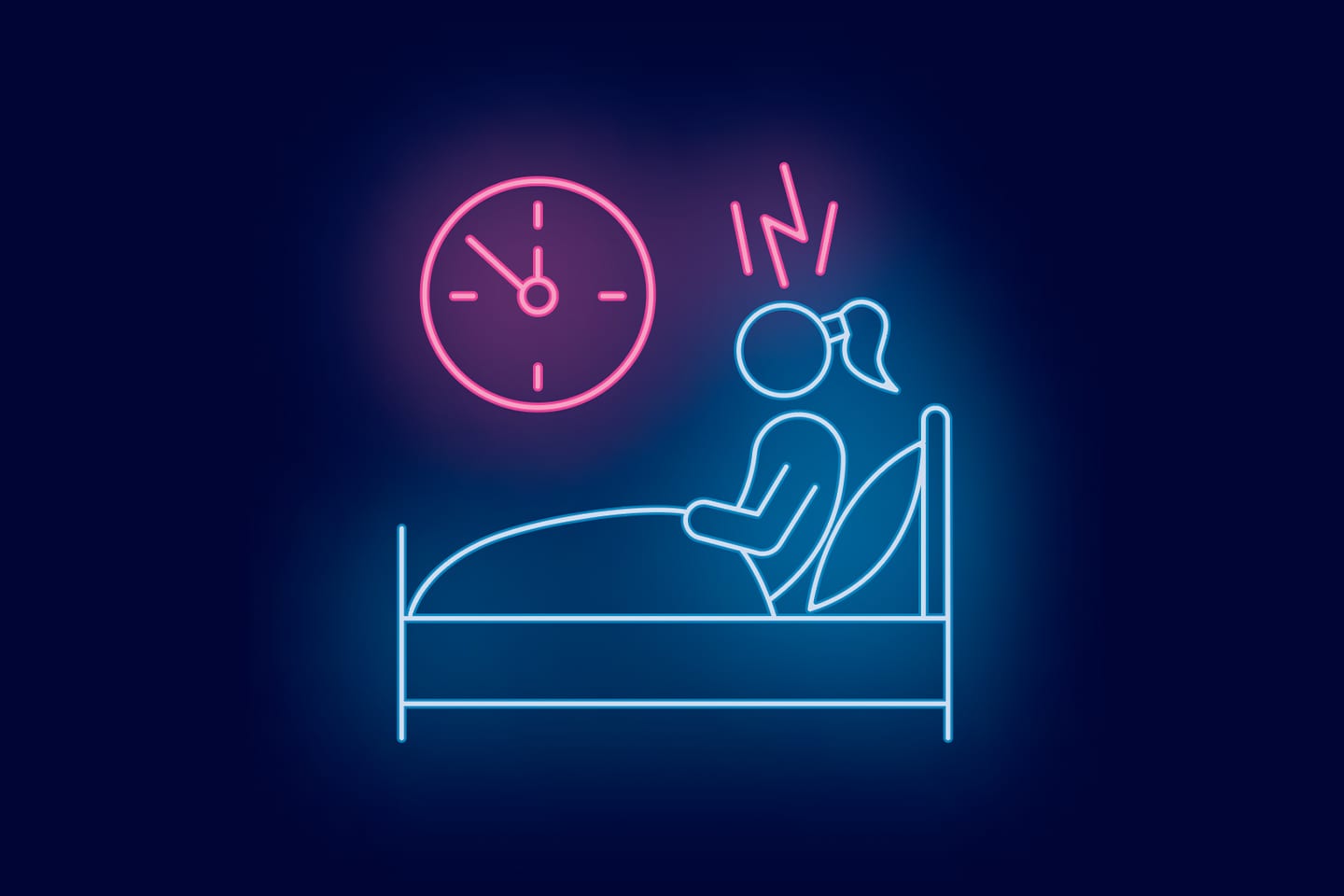From Head to Toe
Are you feeling irritable or sluggish? Have you noticed unexpected weight changes or decreased libido? While these signs can result from stress and other lifestyle-related choices, they may also point to a hormonal imbalance. Fortunately, hormonal imbalances can be managed with the appropriate care. Read on to see what some of your most important hormones are responsible for, what you may experience when they’re out of balance, and what you can do to reach stability.
By Lucy Morris
Brain
Cortisol

Primary Care Physician, Parkridge Medical Group – East Ridge
How It Works
Cortisol is responsible for aiding in various body functions like managing inflammation, regulating blood pressure and energy, and controlling your sleep and wake cycle. Also known as the “stress hormone,” cortisol fuels your body’s fight-or-flight reactions. Think of it as a built-in alarm system. When your hypothalamus and pituitary glands, both located in the brain, sense fear or stress, they release cortisol into your bloodstream, which speeds up your heart rate, increases oxygen flow into the brain, and releases energy from your fat stores. Once the real or perceived danger has passed, your cortisol levels return to normal.
When It’s Out of Whack
Chronic or unrelenting stress can result in consistently elevated cortisol levels. This can impact everything from your immune system to your reproductive and digestive systems and leave you feeling constantly drained. “If your cortisol levels are off, you may experience a range of health issues like weight changes, abnormal sugar levels, blood pressure variation, and overall changes in energy level,” says Dr. Samuel Abbas, a primary care physician with Parkridge Medical Group – East Ridge. In some cases, you may even experience anxiety and depression, headaches, memory and concentration problems, digestion issues, and trouble sleeping.
What You Can Do
“The best way to balance your cortisol levels naturally is by getting your body in a healthy routine,” explains Dr. Abbas. “Getting a good night’s sleep, eating balanced and appropriately timed meals, and exercising regularly allow your adrenal glands to get in rhythm with producing the right amount of cortisol at the right time of the day (or night).”
Melatonin
How It Works
Melatonin is known as the “sleep hormone.” It’s produced in response to darkness, and it spikes at night so you can relax and fall asleep. It also helps regulate body temperature and blood pressure, and it works in tandem with your body’s circadian rhythm. By binding to receptors in the brain, melatonin helps reduce nerve activity.
When It’s Out of Whack
Low levels of melatonin have been linked to obesity, diabetes, and cancer. Fortunately, it’s pretty easy to tell when your levels are off – just look to your sleep cycle. If you have trouble falling asleep or staying asleep, that suggests your melatonin production is low.
What You Can Do
“The best way to balance your melatonin levels is to establish a consistent sleep schedule,” says Dr. Abbas. “Going to bed and waking up at the same time each day will allow your melatonin levels to be consistent and prepare you each night to get good sleep. Also, just like cortisol, healthy diet choices and exercise during the day can help.” You may also be a candidate for a melatonin sleep supplement.
Thyroid
Triiodothyronine (T3) and Thyroxine (T4)

Endocrinologist, The Center for Diabetes & Endocrinology at Galen
How They Work
Your thyroid, which is the butterfly-shaped gland in the front of your neck, makes thyroxine, or T4, and the body converts it to triiodothyronine, or T3. More generally, we refer to the duo as simply “thyroid hormone.” Dr. Asma Khan, an endocrinologist with The Center for Diabetes & Endocrinology at Galen, shares, “Thyroid hormone affects everything in the body. It regulates temperature, energy levels, and cellular metabolism.”
When They’re Out of Whack
One in 10 women doesn’t produce enough thyroid hormone, but it’s also possible to produce too much. “When your body produces too little thyroid hormone, it’s known as hypothyroidism, and it can lead to cold intolerance, depression, constipation, and constant fatigue,” says Dr. Khan. “When your body produces too much thyroid hormone, it’s called hyperthyroidism, and it can cause heat intolerance, diarrhea, anxiety, and a rapid or irregular heartbeat.”
What You Can Do
If you experience the symptoms of either hypothyroidism or hyperthyroidism, it’s time to visit your doctor. “The best way to check for both hyper and hypothyroidism is by doing blood work,” says Dr. Khan. “If your level is too low, you will need to take thyroid hormone replacement medication. If it’s too high, there are a few different treatment options ranging from medication to surgery.” Although both conditions require treatment, most patients are able to restore hormone levels to their appropriate threshold fairly easily.
Ovaries
Estrogen and Progesterone

Registered Nurse and Bioidentical Hormone educator, CHI Memorial
Integrative Medicine Associates
How They Work
Estrogen and progesterone are like the yin and yang of the female reproductive system. They balance each other and work together to prepare the uterus for pregnancy. Each month a pregnancy does not occur, they initiate a menstrual cycle. But these two hormones don’t just affect reproduction. Connie Fesmire-House, a registered nurse and bioidentical hormone educator with CHI Memorial Integrative Medicine Associates, explains, “Estrogen also affects the urinary system, heart and blood vessels, bones, breasts, skin, hair, vaginal tissue, and brain. Progesterone helps prevent uterine cancer, helps the body maintain HDL, or the ‘good’ cholesterol, and reduces mood swings.”
When They’re Out of Whack
When estrogen and progesterone are out of balance, they can lead to weight gain, chronic stress, irritability, low libido, depression, migraines, and more. It’s common during menopause for these hormones to fall out of balance. (You’ve heard of hot flashes – you can thank the drop in estrogen for those.)
What You Can Do
“There are some helpful, natural ways to balance estrogen and progesterone,” says Fesmire-House. “Consuming an adequate diet of protein, healthy fats, high fiber, fatty fish, whole grains, beans, and cruciferous vegetables can reduce some symptoms of an imbalance in hormones. Engaging in physical activity and managing stress, getting adequate sleep (7-8 hours), and maintaining ideal body weight can also be valuable in relieving symptoms of an imbalance.” In some cases, hormone therapy may provide symptom relief.

Testosterone
How It Works
While it’s predominately associated with men, women have testosterone too – just less of it (only about 10% the amount men produce!). “Testosterone is a hormone that is produced in the ovaries and adrenal glands and is responsible for building muscle, bone density, and brain function,” says Fesmire-House. “It enhances our libido, stamina, restful sleep, and overall feeling of well-being. It also helps with mental clarity, reduces body fat, may help with vaginal atrophy, and may support cardiovascular health.” Testosterone production increases during puberty and tends to decrease around age 30.
When It’s Out of Whack
If your ovaries aren’t producing enough testosterone, you may feel tired, sluggish, and even depressed. You’re also likely to experience a drop in libido. On the other hand, too much testosterone, which can be a result of a condition known as polycystic ovary syndrome (PCOS), can result in irregular periods, excess body hair, balding, and a deepening voice.
What You Can Do
If you think your testosterone levels may be off, a visit to your OB-GYN can help. He or she can recommend different options, whether birth control pills, supplements, or another treatment method, to help with regulation.
Hormone imbalances might be the reason why you’re feeling ‘off.’ If you’re sleeping and eating well and exercising regularly but still not feeling like yourself, it’s time to visit your doctor. He or she can check your levels through blood testing to identify what, if any, imbalances need correcting. HS





